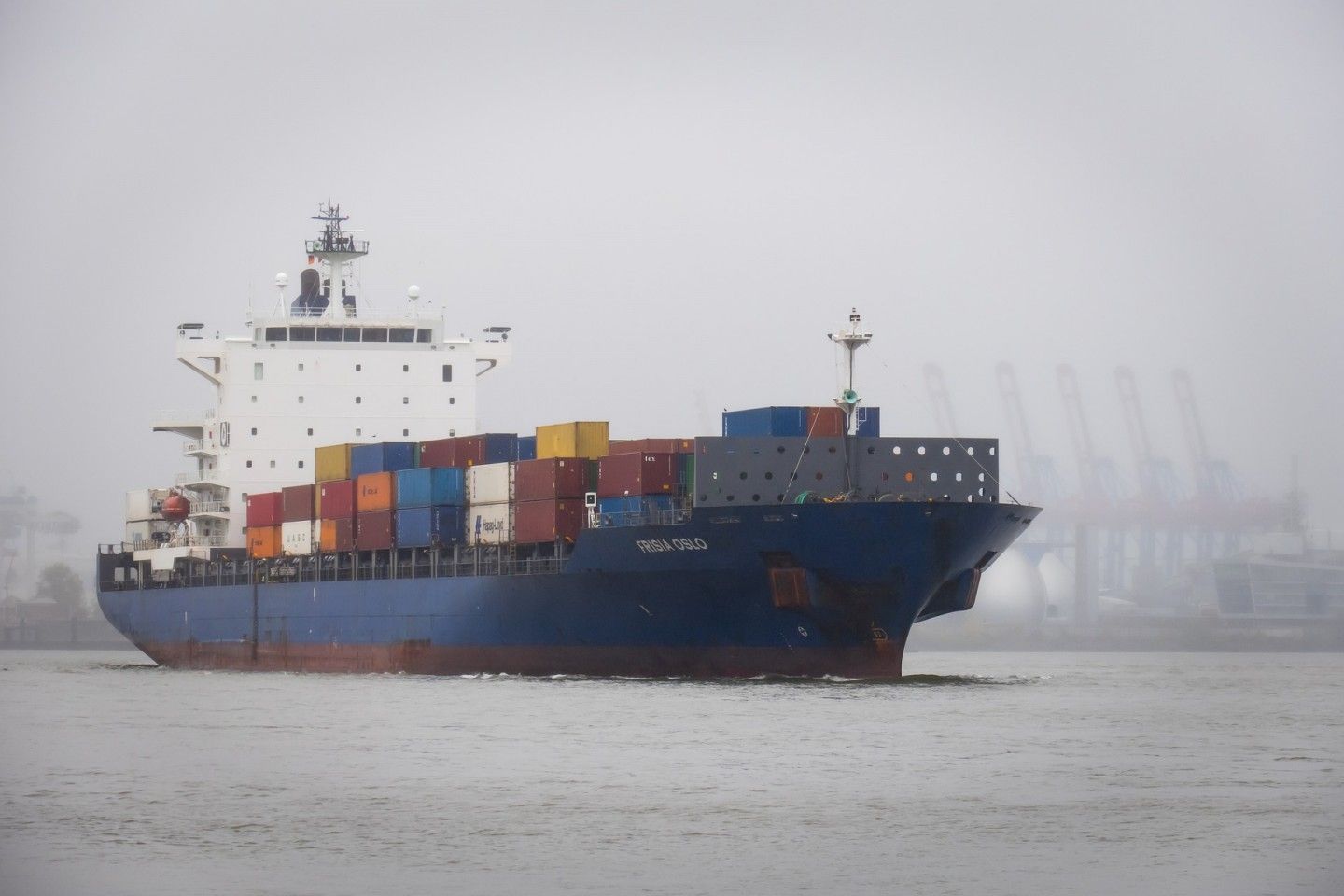The coronavirus pandemic drastically affected international shipping. This is why we look at what changed and what the future holds.
The coronavirus disease is currently a very serious worldwide pandemic that is affecting the economy in every single corner of the world. We are talking about a widespread epidemic that is already impacting international shipping and there is no sign that this is going to change in the near future. Both shipping channels and international trade are impacted in countless ways. Declines are noticed in shipping to and from virtually every single country.
Trade Traffic Impacted By Stringent Measures
When it comes to international trade, China is one of the biggest players because it is the home of important and busy shipping container ports. Yangtze and Shanghai, as an example, were seriously impacted as COVID-19 disrupted trade activities on a very large scale. This happened because stringent prevention measures were taken by the Chinese government. These measures can appear and disappear at any time based on the number of infections that are reported in the country.
Exit and entry for ships were restricted in various important ports of the world. Quarantine measures were implemented to limit outbreak impact. Numerous logistics and trade shipping operators stopped freight services in various Chinese regions. Although operations started again and there is a possibility that things will get back to full operations, this does not mean that the shipping industry will recover fast.
Cargo Backlogs
The Chinese shipping industry is particularly affected by cargo backlogs but similar problems exist with other countries. International cargo ships were docked during quarantine so backlogs appeared. Freight operators in many cases were forced to send containers back to where they came from because of port congestion. There are also countries that avoid shipments coming from specific countries affected by the COVID-19 pandemic.
Obviously, the impact of cargo backlogs depends a lot on the capabilities of the ports. There are ports where a large number of boats can be accommodated without impacting other boat-related operations. However, this is not the case with all and there is always a restriction on capacity.
It needs to be added that the possibility of having cargo backlogs keeps increasing as more and more countries implement mandatory testing for crews before being allowed to remove containers. Long quarantine needs to be avoided and unfortunately, this can easily lead to ships being sent back to the country of origin.
Supply And Demand Problems
To make matters even worse, many freight operators have problems because of decreased demand and supply. Production was halted for a long time in China and in other countries. As the manufacturing industry tries to recover, the supply and demand problems did not disappear. In fact, drops were drastic and the shipping industry was quickly affected. Freight operations were actually forced to withdraw the services they offer in some regions.
The Future Of International Shipping
The shipping and maritime industry is now faced with a huge setback. In order to progress, the coronavirus pandemic needs to be controlled. Unfortunately, there are new outbreaks and problems appearing in multiple countries so it is close to impossible to predict when everything will get back to normal.
Even if operations get back to normal and supply and demand increase, the industry will be affected by new rules and regulations that will have to be respected. This will impact prices and the economy at a global level.
Retailers need to deal with the extra costs of shipping freight in an industry that will most likely need to implement extra security measures as a prevention method to deal with the coronavirus pandemic. This can be far more than just using disinfectant and washing your hands, as is the case with local businesses.





